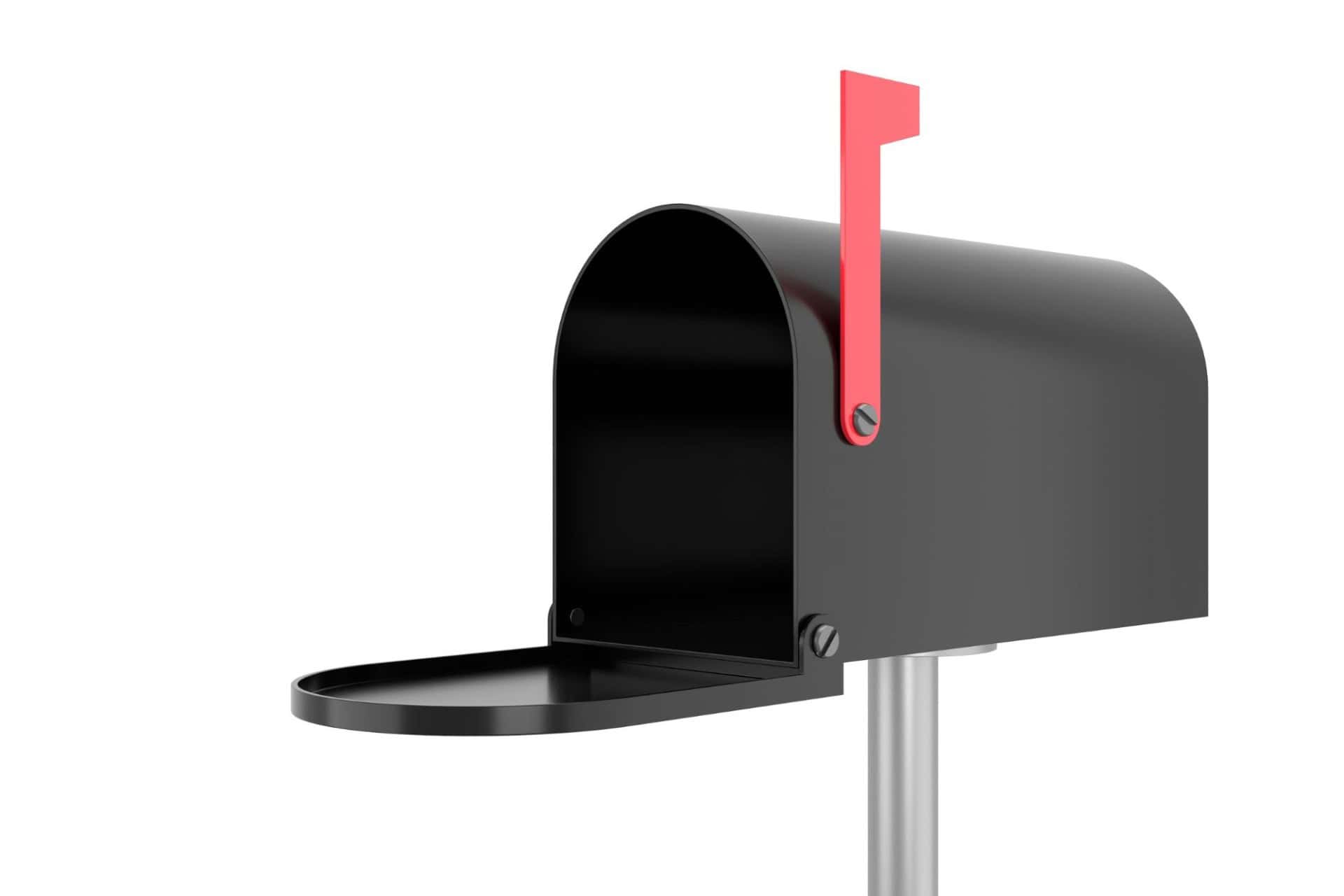
If you suffer a personal injury in an incident such as a car accident that you did not cause, your lawyer may seek compensation on your behalf from the at-fault party’s liability insurance company.
The length of time it takes to get a settlement from things like a car insurance claim varies from case to case. Ideally, insurance carriers would respond quickly and pay every valid claim immediately. Unfortunately, insurance companies rarely operate that way.
Below we explain the claims process, steps you and your lawyer may take to speed it up, and what you can do if an insurance company or its adjuster does not respond to your demand letter in a timely manner.
Sending a Demand Letter to the Insurance Adjuster
The process of seeking payment from an at-fault party’s insurance policy usually starts with your personal injury attorney sending a demand letter on your behalf. (This is what makes this claims process different from the process of making a claim to your own insurance company, which typically begins with you filing a claim directly with your insurer via its website.)
Demand letters serve to put insurance companies on notice of a potential legal claim for damages against an individual, company, or organization to whom the company has issued liability insurance.
In the case of a vehicle accident, the letters typically provide important information to the auto insurance company about a damage claim such as:
- What happened to cause an injury
- Why the company’s policyholder is at-fault and must pay damages
- A description of the client’s injuries
- A calculation of the economic losses the client suffered as a result of the event, such as medical bills and lost wages
- A calculation non-economic losses the client suffered such as pain and suffering, loss of consortium, and reduced quality of life
Attorneys may send the demand letter to the company directly, to the at-fault party directly, to the at-fault party’s lawyer, or to some combination of these parties.
When to Expect a Response to a Demand Letter and How Long Does it Take for an Insurance Company to Reply?

Upon receipt of a demand letter, an insurance company will assign an adjuster to handle it. An adjuster’s job at the company is to review claims and to decide whether the carrier should pay them as opposed to an insurance agent who sells and maintains insurance policies.
Typically, under the terms of the insurance policy and/or by state law, the adjuster must complete an initial review and send a response within a reasonable amount of time – usually on the order of 30 days.
This is the point in the process at which, if things operate as they should, the insurance company should acknowledge its policyholder’s legal liability and pay the claim right away.
Unfortunately, as we said above, oftentimes that’s not how things go.
You see, insurance companies and the adjusters who work for them have strong incentives not to pay the full value of a liability claim, and not to do so quickly.
Why not?
First, because you are not their customer, so they have little reason to make this easy for you. Second, because insurance carriers make money by holding onto it, not by paying it out. The less they can pay you, and the longer they can make you wait, the more money they earn.
So, instead of paying a claim quickly and in-full, liability insurance claims adjusters will often drag their feet.
They may do that by simply not responding until the last minute, by requesting additional information (which they often do not even need), or by making lowball or partial settlement offers.
These tactics have a common, dual goal: to delay payment for as long as possible, and to try to make the claim “go away” for as little money as possible.
How to Speed Up the Response Time
You and your attorney cannot force an insurance company to respond to a demand letter, but you can take some steps to help speed up the response time. For example:
By drawing on experience in cases like yours, your attorney can make sure to include all pertinent information with a demand letter to minimize the carrier’s opportunity to stall by requesting more detail about your claim.
The letter can request a response within a specific time limit, after which your attorney will commence legal action against the at-fault party.
Your attorney can follow-up by phone or email with the adjuster to begin a dialogue about the claim.
When appropriate, your attorney can file a personal injury lawsuit against the policyholder or, in the case of an auto accident, the at-fault driver to show the insurance company you mean business.
How Long Does it Take to Receive a Visit from an Adjuster?

Sometimes, the claims adjuster may want to meet with you in person in connection with evaluating your claim, your injuries, and the damages that have occurred.
Upon sending a demand letter you should be contacted via phone within 1-3 days to set up a meeting up to 2 days after that.
While setting up this meeting the adjuster should ideally deal with your attorney, However, sometimes the adjuster will try to go around your attorney and call you directly. Do not get into a conversation with an insurance adjuster if you can avoid it. Try to make sure all discussions – even simple ones about scheduling a meeting – happen through your attorney.
Why Insist on Keeping Your Lawyer Between You and the Adjuster?
Because insurance adjusters are trained in interview techniques designed to get claimants to say something that might undermine the value of a claim. Even in a simple scheduling call, an adjuster might try to slip in a few questions aimed at tricking you out of your legal and financial rights.
Insisting on your personal injury lawyer dealing with the adjuster as much as possible minimizes your risk of falling for these tactics.
If a time comes when you need to meet with the adjuster in person, your lawyer can also prepare you and, if necessary, attend the meeting with you to steer you away from danger.
What to Do if Your Insurance Adjuster Isn’t Responding

Sometimes, your attorney sends the demand letter and the adjuster simply does not respond.
In that circumstance, you and your attorney are in the dark. There could be a simple explanation for the lack of a response, such as that the adjuster is backed up with work or went on vacation, or the demand letter got lost in the shuffle at the insurance company. Or, your claim could require extra work and time to process, because of the severity of your injuries or damages.
Finally, the delay could reflect an insurance company tactic to draw the process out, hoping you might give up or get impatient enough to take a lowball settlement offer.
So, you need to find out what’s what. However, as above, that’s not something you, personally, should handle if you can avoid it, because it could put your rights at risk.
Instead, let your attorney handle an insurance adjuster by:
- Following up with phone calls;
- Sending an email;
- Going to the insurance company’s website to “chat” with a representative, if applicable; or
- Contacting the adjuster’s supervisor (contact information for the supervisor can usually be found on the company’s web page along with the adjuster’s information).
Try to stay patient and confident in this part of the process. The insurer must respond at some point, or face potential legal complications. Your attorney can guide you through this process and identify if the adjuster may be negotiating in bad faith.
How Long Does it Take to Receive a Settlement?
Ultimately, the goal of making a demand to a liability insurance company is to convince the company to pay a claim, without having to take the claim to a trial. The agreement between the injured person and the at-fault party (represented by a defense lawyer and the insurance company) is called a settlement.
In the typical settlement, the injured party (you) gets money from the at-fault party’s insurer, in exchange for releasing the at-fault party (and that party’s insurance carrier) from any future liability relating to the claim.
It can take as little as 7-8 days, and up to more than 30 days, to reach a settlement in cases that only involve property damage once negotiations between your personal injury lawyer and the adjuster begin.
In personal injury claims, the length of time it takes to receive a settlement may be longer as the scope of your injuries and the full cost of your medical expenses is being determined.
Related Posts
Let The Miley Legal Group Help You with an Unresponsive Insurance Company
After suffering injuries in an accident caused by someone else’s careless or reckless conduct, you want to receive the money you deserve as soon as possible.
You deserve a fair settlement to cover your medical treatment, property damage, lost wages, and any other damages you experienced as a result of your accident.
The most reliable way to achieve a favorable outcome efficiently is to trust an experienced accident attorney to handle the claim process on your behalf.
Contact The Miley Legal Group today for a free consultation to discuss the details of your accident case. Our experienced law firm in West Virginia knows first hand the tactics that insurance companies use to benefit themselves and how to win the compensation you deserve in a timely manner.



